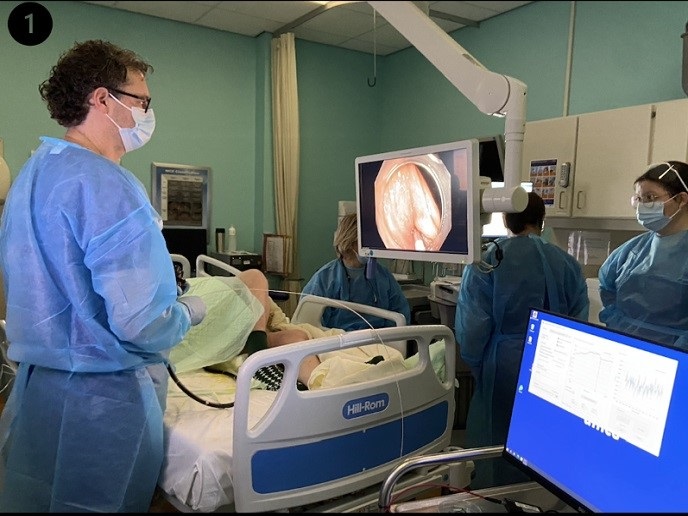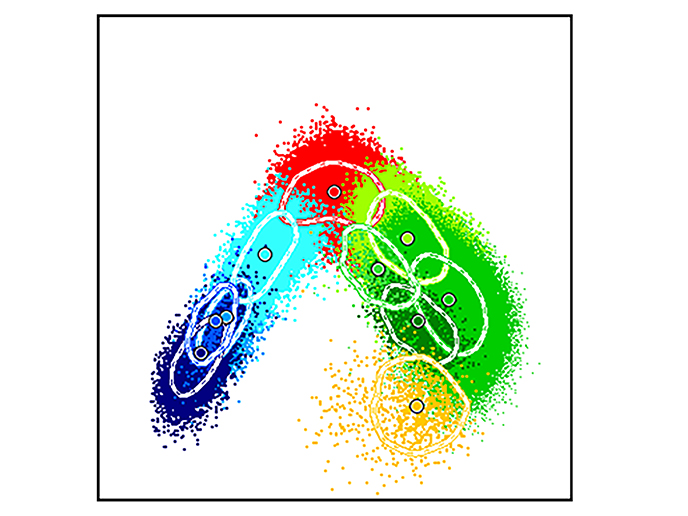App and smart sensors empower people to better manage their mental health
Research has shown a strong association between depression and chronic illness. Early detection and treatment of depressive symptoms, as well as lifestyle factors such as diet, physical activity and sleep are key for the progression and treatment outcomes of depression. “Making patients aware of their physical and mental issues and allowing them to have control over their mental health will improve quality of life considerably,” explains Enzo Pasquale Scilingo, coordinator of the EU-funded NEVERMIND(opens in new window) project. “What is often missing from the treatment of severe somatic diseases is the prevention and early diagnosis of depression when symptoms begin.”
Lifestyle tracking and data analysis
Project partners designed, developed and set up an ICT system that collects data about users’ mental and physical health through a smartphone app and smart sensors. A machine learning algorithm analyses physiological data, body movements, speech and the recurrence of social interactions to predict the severity and onset of symptoms. The system then uses this data to propose a tailored programme that includes activity and lifestyle tools to help users cope with their depression and lead a healthier life. It offers a variety of interventions against symptoms, namely mindfulness exercises, cognitive behavioural therapy and behavioural advice to improve lifestyle. This all-in-one personalised solution can work alongside the treatment of the primary disease.
Placing patients at the centre of their mental health
The ICT-enabled platform is one of the few available e-health interventions that has proven to effectively decrease depression symptoms in patients with severe somatic diseases. This should ultimately reduce the excess burden placed on healthcare systems, patients themselves and their caregivers. Patients will also be able to rely much less on caregivers. During the COVID-19 crisis, many patients are unable or unwilling to access mental healthcare out of fear. By using an e-mental health system based on the self-management of symptoms, many patients with mild to moderate depression symptoms may no longer need to visit mental health professionals. NEVERMIND partners assessed the system’s effectiveness in reducing symptoms of depression compared to the usual treatment or care they receive. In total, 339 patients with kidney failure, breast cancer and limb amputation were monitored. Of these, 168 were randomly assigned to use the NEVERMIND system while the remainder underwent normal care. Results showed that the system significantly reduced depressive symptoms compared to the control group. “The NEVERMIND system will promote a new way of thinking and communicating amongst psychiatrists and medical doctors,” concludes Scilingo. “It will also enable physicians and patients to better cooperate with respect to lifestyle, including dietary restriction, liquid balance, daily activity, supplementary pharmacological treatments, and planning of hospital visits for follow up and treatment.” Ultimately, the project will save resources for clinical wards and healthcare systems overall in providing psychological screening, support and early intervention for patients with a higher risk of developing depression.







